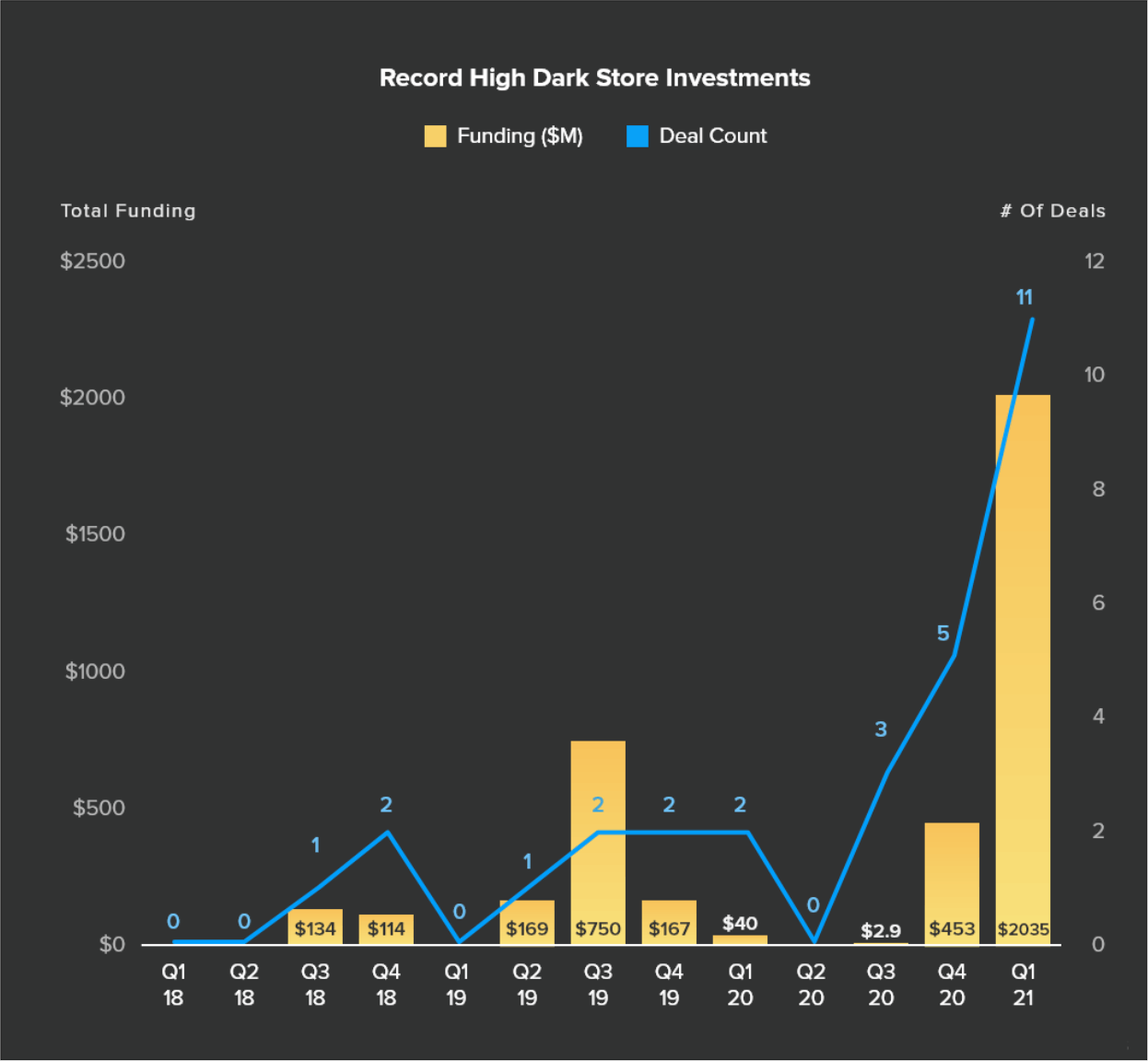Step into the shadows of retail management and discover the world of Dark Store Management. As e-commerce reshapes the retail landscape, traditional stores adapt to meet changing consumer demands. Join us through Dark Store Management to uncover its inner workings, benefits, challenges, and solutions. Let’s shine a light on this innovative approach to revolutionizing how retailers operate in the digital age.
The Rise of E-commerce and Its Impact on Retail Stores
With the rise of e-commerce in recent years, traditional retail stores have faced significant challenges. The convenience of online shopping has transformed consumer behavior, leading to a shift in how people make purchases. E-commerce giants like Amazon have set new standards for fast delivery and personalized shopping experiences, forcing brick-and-mortar retailers to adapt.
Retail stores are now reevaluating strategies to stay competitive in this digital age. Many businesses are exploring innovative solutions, such as dark store management, to streamline operations and efficiently meet the demands of online shoppers. Retailers can improve order accuracy and speed up deliveries by optimizing inventory storage and fulfillment processes.
As e-commerce grows, its impact on retail stores will only intensify. Traditional retailers who want to thrive in an increasingly digital marketplace will need to adapt to changing consumer preferences and embrace technology-driven solutions.
Benefits of Dark Store Management for Retailers
Dark Store Management offers numerous benefits to retailers looking to stay competitive in the ever-evolving retail landscape.
Fulfill Online Orders
One key advantage is the ability to fulfill online orders more efficiently, leading to improved customer satisfaction and retention rates. By utilizing dark stores, retailers can streamline their operations and reduce delivery times, which is crucial in meeting the growing demands of online shoppers.
Optimize Inventory Levels
Additionally, dark store management allows retailers to optimize their inventory levels and product placement within these fulfillment centers. This strategic approach helps minimize stockouts while maximizing sales opportunities by ensuring popular items are readily available for quick shipment.
Real-time Data Analytics
Moreover, it allows retailers to adapt quickly to changing market trends and consumer preferences. They can soon reconfigure their fulfillment processes based on real-time data analytics, ultimately improving decision-making and driving profitability.
Embracing dark store management empowers retailers to enhance operational efficiency, boost customer satisfaction, and thrive in today’s digital retail environment.
How Does Dark Store Management Work?
Dark Store Management transforms traditional retail stores into fulfillment centers catering exclusively to online orders. Essentially, these dark stores operate without any customers walking in for shopping. Instead, they are optimized for efficient order picking, packing, and shipping processes.
Retailers need sophisticated inventory management systems and automation technologies to make Dark Store Management work seamlessly. Orders are received online and then routed to the nearest dark store based on inventory availability and delivery requirements. Staff at the dark store fulfill orders quickly to meet customer expectations of fast shipping times.
By streamlining operations, retailers can improve order accuracy, reduce delivery times, and enhance customer satisfaction. The focus shifts from providing a physical shopping experience to delivering exceptional service through timely order fulfillment. This shift is essential in the evolving e-commerce landscape, where speed and efficiency are critical competitive advantages for retailers looking to succeed in the digital marketplace.
Challenges and Solutions for Effective Dark Store Management
Managing a dark store comes with its own set of challenges. One common issue is inventory management – ensuring the right products are in stock and readily available for online orders can be tricky. Another challenge is optimizing picking and packing processes to fulfill orders efficiently.
Communication between different teams within the dark store can sometimes be a hurdle, leading to delays and errors in order fulfillment. Moreover, maintaining consistent quality control standards can be challenging when dealing with high volumes of orders.
Implementing advanced technology, such as automated picking systems and inventory management software, can streamline operations and tackle these challenges. Effectively training staff on proper procedures and protocols is also crucial for smooth functioning.
Regularly analyzing data and customer feedback helps identify areas for improvement in management practices. Adapting quickly to changing market demands is essential for staying competitive in the e-commerce landscape.
Post-Pandemic Dark Store Investments
Post-Pandemic Dark Store Investments have become increasingly popular in retail real estate. As the retail landscape continues to evolve post-pandemic, more and more investors are looking to capitalize on the growing trend of dark stores. These vacant or underutilized spaces offer a prime opportunity for redevelopment into distribution centers, fulfillment centers, or last-mile delivery hubs, catering to the increasing demand for e-commerce logistics.
With consumers shifting towards online shopping even more rapidly due to COVID-19, these investments present promising returns for those willing to adapt and innovate in this new era of retail. By repurposing these empty spaces into efficient and strategically located facilities, businesses can better meet their customers’ demands while reducing operational costs and improving sustainability efforts. Post-Pandemic Dark Store Investments are not just about transforming physical space but also about reimagining traditional retail concepts for a digital-first world.
Conclusion
Dark store management is a crucial strategy for retailers to stay competitive in the ever-evolving e-commerce landscape. By transforming traditional retail spaces into fulfillment centers, businesses can meet the growing demand for online shopping while optimizing their operations.
From streamlining order processing and increasing efficiency to providing faster delivery times and enhancing customer satisfaction, dark store management offers a range of benefits that can drive growth and success for retailers. However, it also comes with challenges that require innovative solutions.
By leveraging technology, implementing efficient processes, and prioritizing customer experience, retailers can effectively manage their dark stores and capitalize on e-commerce opportunities. As consumer preferences shift towards online shopping, mastering dark store management will be essential for staying ahead in the retail industry.



